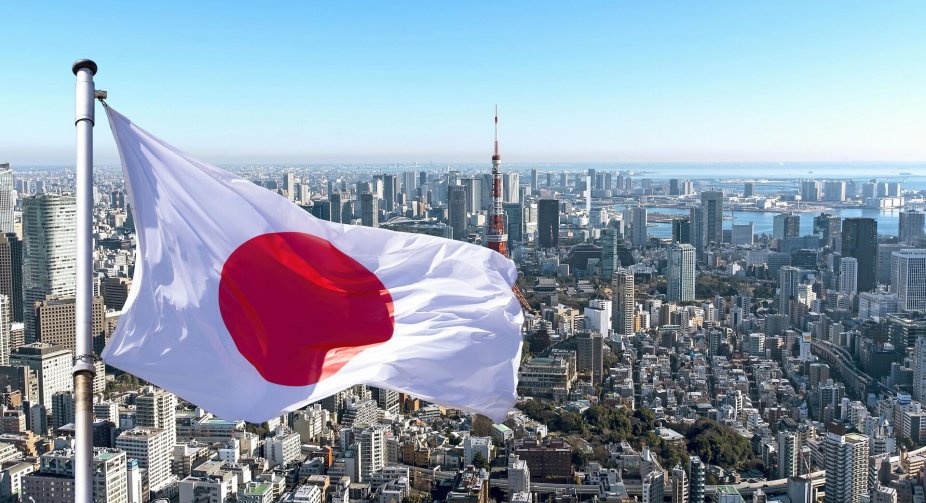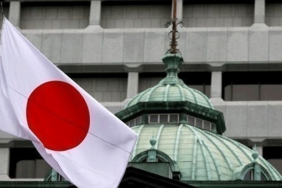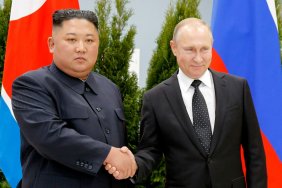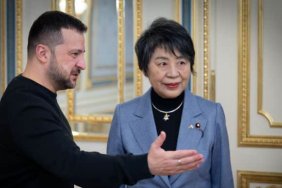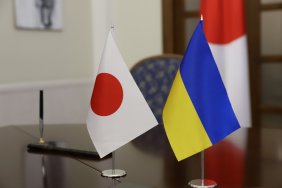Japan on Thursday deployed about 570 troops from the Ground Self-Defense Forces, including anti-aircraft missile and anti-ship units, to the remote southern island of Ishigaki, near Taiwan, the Japan Times reported.
According to the publication, the overturning was carried out "in response to the intensification of China's military operations in nearby waters." According to Japanese authorities, Chinese ships have repeatedly entered Japan's territorial waters around uninhabited islands.
In December, the Chinese armed forces sent several dozen aircraft and a group of ships to the air defense detection zone of Taiwan, the island's Ministry of Defense reported.
In the same month, Japan unveiled its largest military build-up plan since World War II, after which the country adopted an American-designed "pacifist constitution." Japan's defense budget will be the third largest in the world, after the United States and China.
According to Japanese Prime Minister Fumio Kishida, building up military capabilities is a response to various security challenges the country is facing. The concern of the Japanese government was influenced by the Russian precedent of the invasion of Ukraine, which could be used by China to attack Taiwan. And this will threaten the neighboring Japanese islands, disrupt supply routes and block the paths of oil tankers.
According to the constitution, Japan "forever renounces war as a sovereign right of the nation, and the threat or use of armed force as a means of settling international disputes." The law also states that in Japan "land, sea and air forces, as well as other means of war, will never be created in the future." However, later the interpretation was expanded, expanding the meaning of defense and war. Currently, Japan does not have an army, but there is a Self-Defense Force, and weapons are officially purchased for defense purposes.
